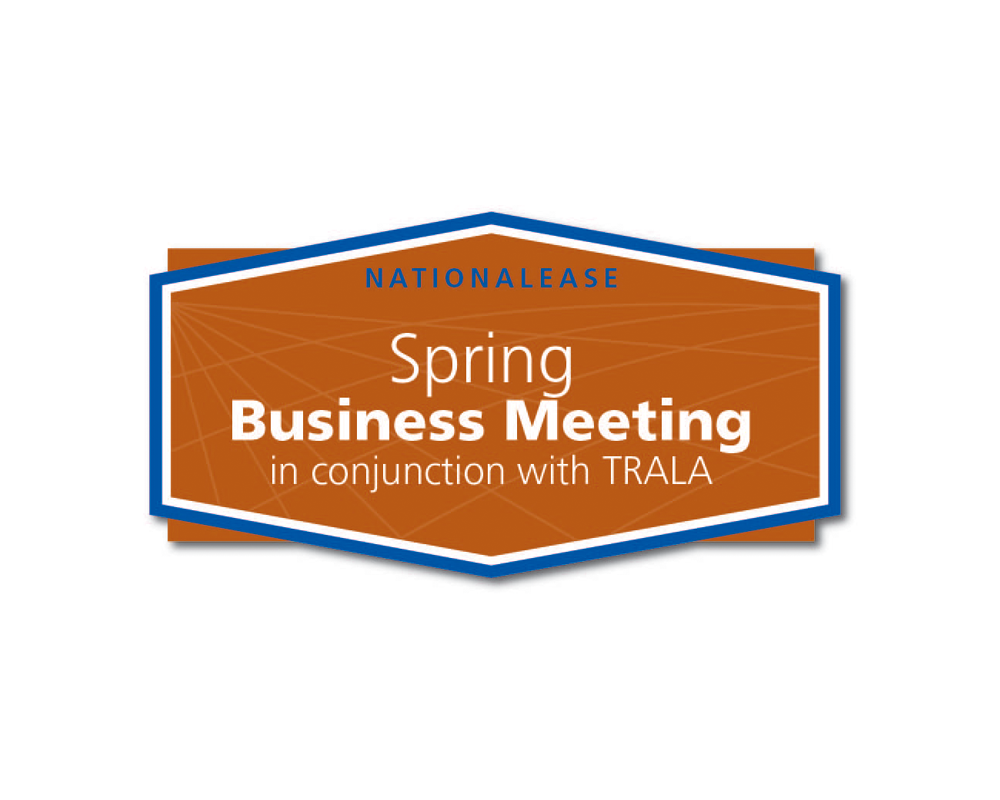If Siri or Alexa are part of your life, then you are already experiencing the wonder of AI.
AI (or artificial intelligence) at one time was the stuff of sci-fi fantasy (think Westworld or Terminator), but the concept of machine learning or deep learning is already a part of many people’s everyday lives. Originally AI was defined by the Encyclopedia Britannica as “the ability of a digital computer or computer-controlled robot to perform tasks commonly associated with intelligent beings.”
That was then … now the goals are different. Although a future true AI will be able to learn on its own, becoming smarter, more intuitive and more self-aware, today’s AI is more about creating products and services that interact with users based on voice commands and algorithms that use massive amounts of data and our own behaviors to provide us with the answers we are searching for. From Alexa’s ability to basically help manage our household, provide answers to questions, set alarms, and shop, to Amazon’s use of our purchases to predict what we want and present those items to us online, to Netflix’s recommendation of movies and shows that suit our tasks, AI is all around us.
But besides the use by consumers, AI can also help a wide variety of businesses in their day-to-day functions. Back in January, I wrote an IdeaXchange blog addressing this issue. Although the use of AI is expected to double from 2018 to 2020, a Gartner study notes that 71 percent of CIOs feel their organization has limited skills and understanding of this technology.
This information was presented at a recent NationaLease meeting by Venn Ravichandran, senior associate, and Kelly O’Rourke, practice director, at Point B. They noted that businesses need to remember that AI is a way to reach business goals, not a goal in and of itself. So the pair urged companies who want to undertake an AI initiative to first decide the goals they want to achieve and then to assess the cost, risk, and overall value of undertaking the project. What became clear to me during their presentation was that AI is more than a concept, it’s widely accepted (Siri, Alexa), and needs to be considered by businesses now, even if the initial undertakings are very modest.
I find the whole topic of AI fascinating, so I was delighted to hear Terry Jones, founder of Travelocity and Kayak, speak about the subject at the recent Corcentric Symposium in Orlando. He informed attendees that much of the flood of data available is unstructured data and that AI can do what no human can; it can take huge amounts of unstructured data and create order out of it, figure out trends, and offer solutions. He noted that 51 percent of companies do not have an AI strategy and urged companies to do so.
According to Jones, smart companies are using the technology throughout their organizations to “enhance performance, make better decisions, and free up workers to be more creative.” AI is an excellent tool for predictive buying decisions, predictive analytics, predictive failure-based analytics, process automation, and condition-based maintenance. It is also an immense boon for customer engagement.
But Jones also notes that ethics needs to be a factor in future development and that it is vitally important for government to create AI legislation. As he says, at this point, we have only seen about 5 percent of what AI can and will do. One wonders if that is a bright prediction or a warning. I opt for the former and will continue to research this fascinating sci-fi reality.





